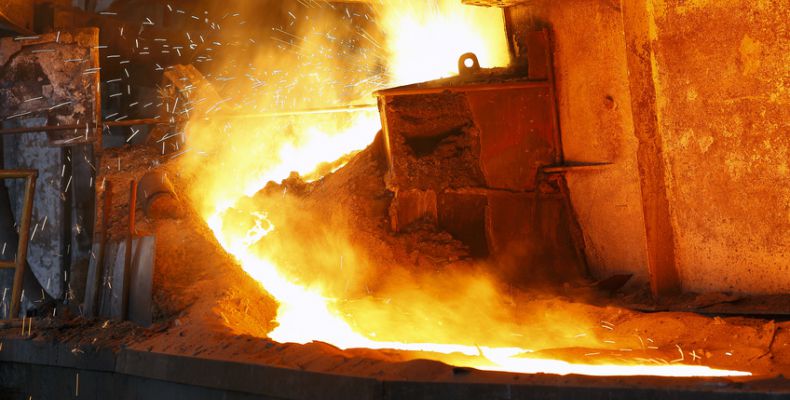Slovakia’s US Steel Kosice has idled its No. 2 blast furnace of Sept. 4 for a period of 60 days, while Nos. 1 and 3 remain operational.
The company described the move as a planned outage and said it would continue to adjust maintenance schedules according to demand.
Mills have recently cut discounts in order to secure volumes, though the price decline failed to substantially stimulate demand leading into the traditional period of recovery in September post-summer slowdown.
“Price is irrelevant when demand is so low– inventories are the issue, not expense,” a distributor source said.
As such, market participants see production cuts as the best mechanism to realign supply and demand. Reduced demand is primarily motivated by high inventory levels, with extra stocking costs reportedly extinguishing any advantage to be gained on discounted purchasing.
ArcelorMittal recently idled furnaces at several sites, in line with expectations that further output cuts would hit the European flat steel market on rising production, and more specifically, energy costs.
A North European mill source estimated that mills have already reduced production capacities by around 10-15%, on top of existing stoppages.
While production cuts are indeed viewed as necessary to bring supply and demand back into balance, some in the market see foreign imports as claiming a larger market share on competitive pricing while EU production is reduced.
“EU mills can cut capacities, but I don’t see the commission cutting quotas in line any time soon — it’s a golden opportunity for traders,” a mill source said.
Alongside production cuts, mills have announced an increase in offer levels, with the majority of North European mills offering at around Eur800/mt ex-works Ruhr and Northern Europe. Tradable levels are currently uncertain in the low-demand environment as the market digests the recent increase.
Platts assessed hot-rolled coil in Northwest Europe at Eur760/mt ex-works Ruhr Sept. 5, up Eur5/mt on the day, according to data from S&P Global Commodity Insights.
— Benjamin Steven






